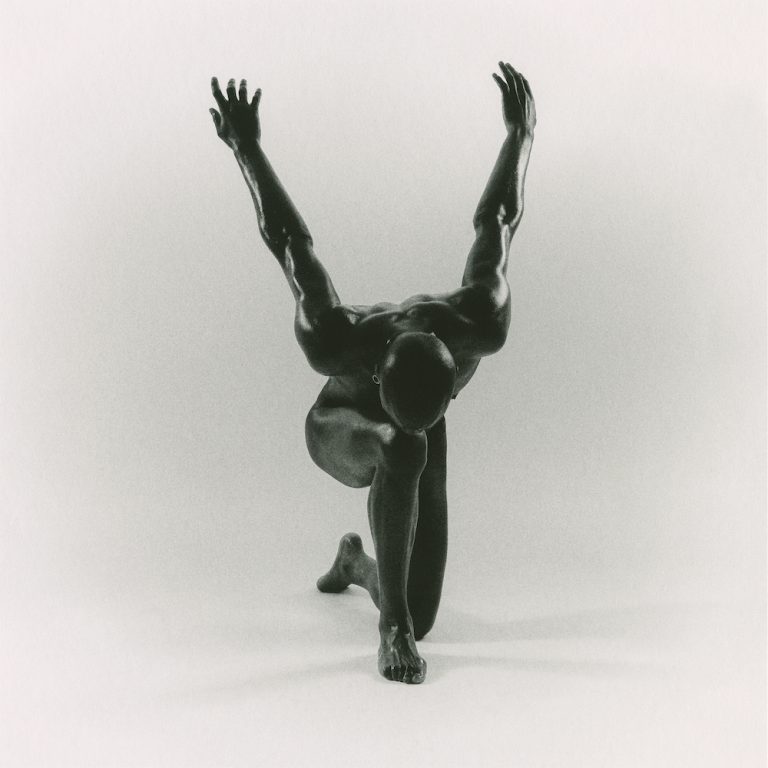In February, Pope Francis visited the Democratic Republic of Congo and might have often been the most liberal person in the room. While his hosts would have appreciated that the current pontiff has focused on global poverty and injustice, his non-traditional attitude toward women and the LGBQT+ community will have wrought some arched eyebrows. The DRC, after all, comprises one of the most conservative Christian populations in the world.
Yannick Ilunga – a.k.a. Petite Noir – is the Belgian-born son of a Congolese academic/statesman and might appreciate the Pope’s paradoxical position. On MotherFather, Ilunga wants to have a conversation on God and Blackness, but in progressive or even revised terms that would upset normalised notions of both. The title undermines the historical role of Christianity as a patriarchy.
The World Bank says the DRC is one of the globe’s five poorest nations, though Ilunga was among its relatively privileged class. His European birth and upbringing in South Africa (he considers himself South African) were advantages afforded to few of his Congolese peers, opening him up to accusations of elitism and Westernisation. His family’s political asylum included a colonial-legacy Catholic education (he has since rejected) and that occurred in the cauldron of post-apartheid upheaval where the black majority adopted a European system of governance.
Reflecting his story, MotherFather lays an autobiographical thread while feeling a little all-over-the-place. His debut album, La Vie Est Belle, drew from Afrobeat that often veered into Foals while the 2018 EP La Maison Noir adopted a militant spirit. The new album has few such static anchors.
Opener “777” refers to the “angel number” and the path to self-discovery, but explodes like a bomb. Ilunga has said in interviews that metal and then electronica were his first loves, and both are on display as he breaks his soul open over industrial wreckage. “Blurry”, which features Sampa The Great, rotates like a warped record and begins the conversation. Talking to God as a dealer of broken promises, when Sampa raps “it’s what I heard, it’s what you say” she introduces this idea that Ilunga has been hearing incorrectly, all along. It’s probably no coincidence that these are the last guitar-based songs in the set.
Though it could double as a prayer for the climate crisis, “Numbers” awakens in a sedated fog on a gurney: hospital equipment beeping and whirring as Ilunga foretells of the sub-Saharan continent on life support. Its title explicitly refers to dwindling days, but could also refer to the dehumanized mass of sufferers living out this nightmare. He awakens to the cold reality of “Concrete Jungle,” with its Kanye-style edificial synths and dramatic string quartet that turns the ER machines of “Numbers” into sirens.
Following an incendiary soundbite, MotherFather becomes less musically adventurous. One of “Finding Paradise” or “Best One” could easily slot into Young Fathers’ Heavy, Heavy but not both because they’re too similar. If the album is autobiographical, then this is the mellowing between ages 20 and 30: simultaneously more introspective and big-picture. After the chessboard-on-a-rowboat changes in direction of the first half, the thrust is swapped out for sounds that are embracing and hopeful. Apart from a head-scratching reference to Scarface during “Play,” MotherFather loses its edge.
Like the Pope, you expect it to go a little harder.

